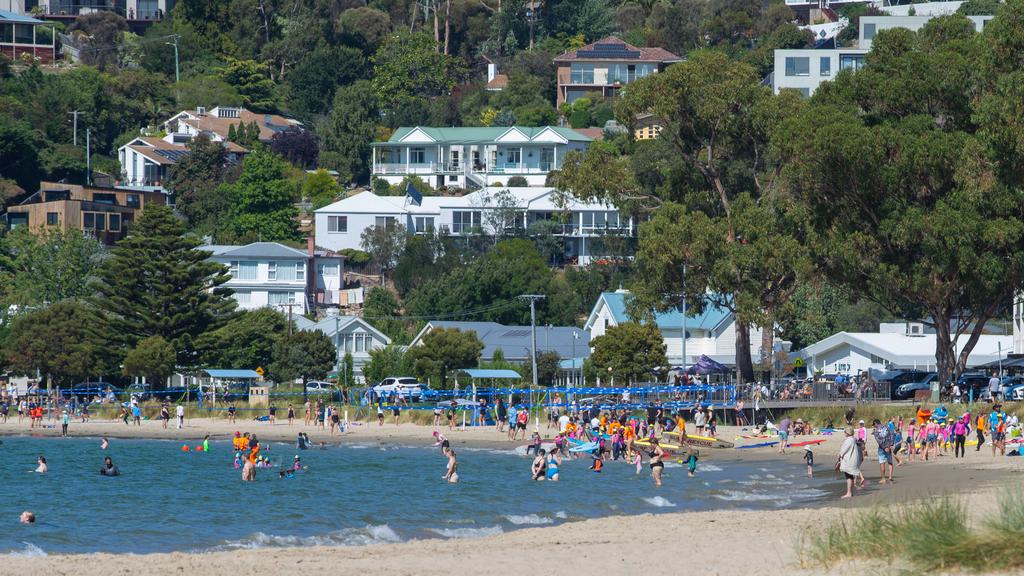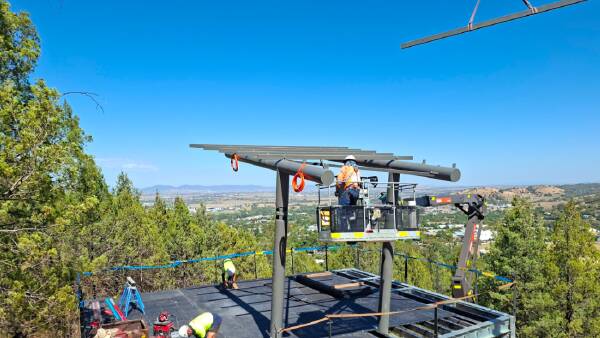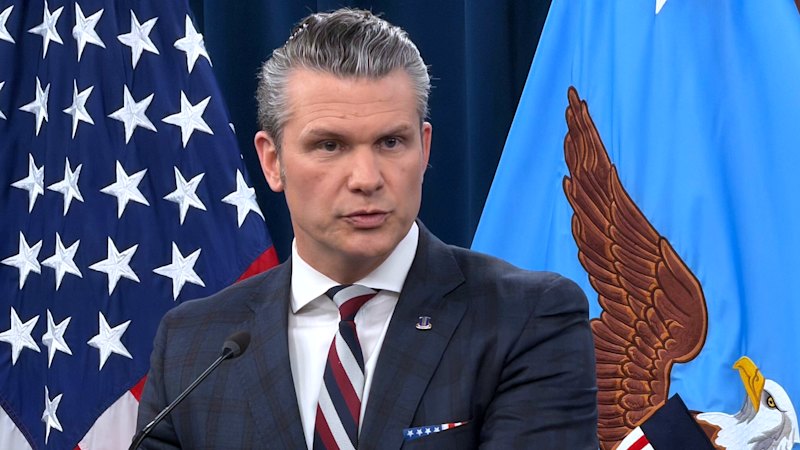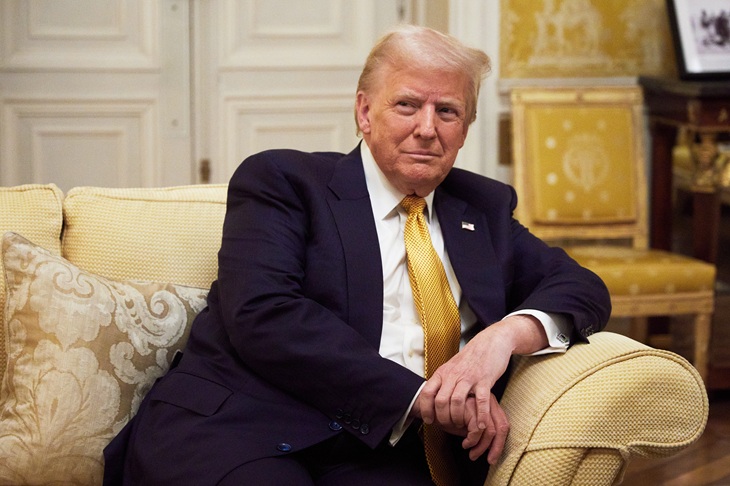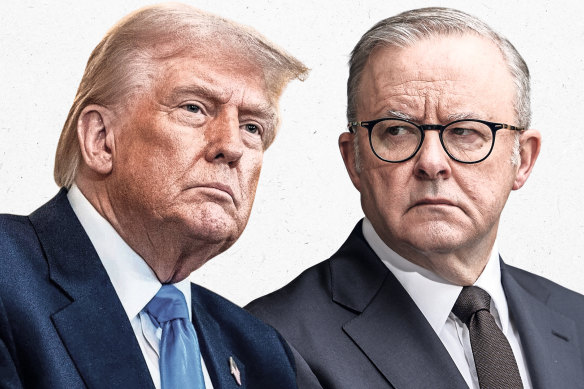
The trade relationship between Australia and the United States faces uncertainty as President Donald Trump contemplates increasing tariffs on US imports. Following his controversial “liberation day” tariffs, which have already disrupted global economic stability, Prime Minister Anthony Albanese finds himself navigating a challenging landscape where Australia risks becoming a mere bystander to Trump’s shifting trade whims.
In a recent announcement, Trump indicated plans to raise the baseline tariff rate from 10 percent to between 15 and 20 percent. This escalation could significantly impact Australian exporters, who have so far managed to avoid the brunt of Trump’s trade policies. Albanese previously expressed confidence, stating, “There’s no doubt that there’s no one that’s got a better deal.” But as the situation evolves, that confidence may soon be tested.
The impact of Trump’s tariffs on the US economy has been less severe than initially anticipated, which appears to have emboldened him. After a brief market panic, Trump is leaning into his protectionist instincts, seeking to extract more concessions from trading partners. Although Australia has not been directly targeted, it is not immune to the fallout of Trump’s decisions, particularly given the administration’s focus on larger powers like China, Russia, and India.
Albanese’s position is precarious. The Prime Minister must navigate the complexities of maintaining a strong alliance with the US while advocating for Australian interests. The relationship between Albanese and Trump began positively, highlighted by a friendly phone call in February 2024. During that conversation, Trump expressed willingness to consider an exemption for Australia from his tariffs on steel and aluminium. However, since that initial engagement, the anticipated benefits have yet to materialize.
Trade Relations Under Scrutiny
The lack of concrete outcomes from the Albanese-Trump discussions raises concerns about Australia’s standing in the global trade landscape. While British Prime Minister Keir Starmer successfully secured a “historic trade deal” with Trump, which included a commitment to maintain a 10 percent tariff rate for British exports, Albanese has not achieved similar progress. Starmer’s ability to negotiate beneficial terms suggests a strategic advantage that Australia currently lacks.
Albanese’s government had hoped to build on the momentum of the February phone call, but the situation has cooled. The planned June meeting at the G7 Summit in Canada was called off after Trump returned to Washington early, further complicating the prospect of direct negotiations. The absence of a White House invitation for Albanese adds to the concerns about the depth of their bilateral relationship.
The stakes are high for Australia, given its status as a key ally of the United States. With Australians purchasing more goods from the US than vice versa, the potential for economic repercussions looms large if trade tensions escalate further. The Prime Minister must find a way to engage with the Trump administration effectively before Australia becomes collateral damage in the ongoing trade wars.
As the political landscape shifts rapidly, Albanese’s ability to influence Trump’s trade decisions remains uncertain. The Prime Minister may need to recalibrate his approach to ensure that Australia’s interests are adequately represented in this evolving situation. With Trump’s unpredictable nature, the coming months will be crucial for Albanese and Australian exporters alike.
